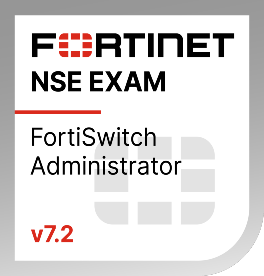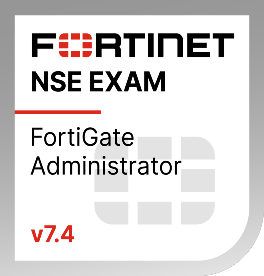Course Overview:
The Machine Learning with Python course provides a comprehensive introduction to machine learning concepts and techniques using the Python programming language. Participants will learn how to apply various machine learning algorithms and frameworks to solve real-world problems. Through hands-on exercises and practical examples, this course aims to equip participants with the knowledge and skills necessary to build and deploy machine learning models using Python.
Learning Objectives:
- Understand machine learning fundamentals: Gain a solid understanding of the basic principles and concepts of machine learning, including supervised and unsupervised learning, model evaluation, and feature selection.
- Explore popular machine learning algorithms: Learn about commonly used machine learning algorithms, such as linear regression, logistic regression, decision trees, support vector machines (SVM), and ensemble methods like random forests and gradient boosting.
- Implement machine learning algorithms in Python: Develop practical coding skills in Python for implementing machine learning algorithms. Learn how to preprocess data, train models, tune hyperparameters, and evaluate model performance using Python libraries like scikit-learn.
- Apply machine learning to real-world problems: Gain hands-on experience by working on real-world datasets and applying machine learning techniques to solve regression, classification, and clustering problems. Understand the end-to-end process of building and deploying machine learning models.
- Evaluate and interpret machine learning models: Learn techniques for evaluating and interpreting machine learning models. Understand metrics for model evaluation, feature importance, and model interpretability to make informed decisions.
Target Audience:
- Software engineers and developers interested in expanding their knowledge of machine learning and its practical applications using Python.
- Data scientists and analysts seeking to enhance their machine learning skills and apply them to real-world problems.
- Students and researchers exploring machine learning techniques and algorithms using Python.
- Professionals from diverse domains interested in leveraging machine learning for data-driven decision-making.
Prerequisites:
- Basic programming knowledge, preferably in Python.
- Familiarity with fundamental mathematical concepts such as linear algebra and calculus.
- Basic understanding of statistics and probability.
- No prior experience in machine learning is required, but a general understanding of the concepts will be helpful.
Course Curriculum:
Module 1: Introduction to Machine Learning
- Overview of machine learning and its applications
- Types of machine learning: supervised, unsupervised, and reinforcement learning
- Machine learning workflow and model evaluation techniques
Module 2: Data Preprocessing and Feature Engineering
- Handling missing data and outliers
- Feature selection and dimensionality reduction techniques
- Data normalization and scaling
Module 3: Regression Analysis
- Linear regression: simple and multiple regression
- Polynomial regression and regularization techniques
- Evaluation metrics for regression models
Module 4: Classification Techniques
- Logistic regression for binary classification
- Decision trees and ensemble methods for classification
- Evaluation metrics for classification models
Module 5: Unsupervised Learning and Clustering
- Introduction to unsupervised learning
- K-means clustering and hierarchical clustering
- Evaluation metrics for clustering algorithms
Module 6: Introduction to Neural Networks and Deep Learning
- Fundamentals of neural networks and their architecture
- Introduction to deep learning frameworks like TensorFlow and Keras
- Overview of convolutional neural networks (CNN) and recurrent neural networks (RNN)
Module 7: Model Evaluation and Interpretability
- Cross-validation techniques for model evaluation
- Interpreting machine learning models: feature importance and model explainability
- Handling imbalanced datasets and dealing with bias and fairness
Module 8: Deployment and Future Directions
- Techniques for deploying machine learning models into production
- Overview of cloud-based machine learning services
- Recent trends and advancements in machine learning

Feedback
Course Features
- Lectures 0
- Quizzes 0
- Duration 60 hours
- Skill level All levels
- Language English
- Students 10
- Assessments Yes













